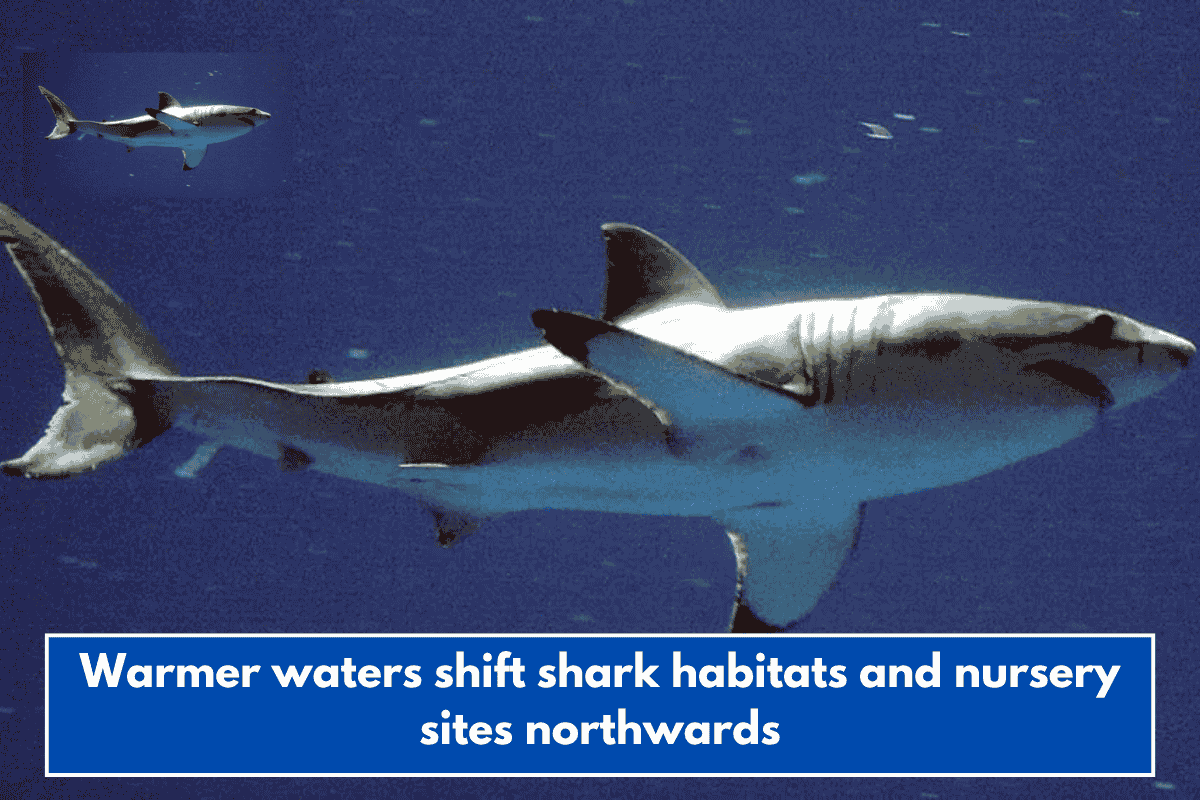Seeing a shark near the shoreline can be unsettling for residents and visitors in Charleston County, but scientists say this may be a result of climate change shifting shark behavior. Warmer waters are driving sharks to new areas, altering their migration and habitat patterns.
Why Are Sharks Moving?
Harley Newton, chief scientist and veterinarian for Ocearch—a nonprofit that tracks sharks—explains that sharks are seeking cooler waters as ocean temperatures rise. This means they are moving north or south and diving deeper to stay comfortable.
“These are not temporary shifts,” Newton said, noting that even shark nursery sites are relocating farther north.
Impact on Shark Behavior and Ocean Food Chain
The movement is driven by both warmer waters and the shifting locations of prey. Sharks may expend more energy to find food, which could affect their survival and the balance of marine ecosystems.
Newton pointed out that while some shark species will adapt, others may struggle with these changes.
Ocearch’s Ongoing Research
Ocearch continues to study how climate change affects sharks’ health and reproduction, particularly focusing on species like white sharks. Scientists aim to understand these impacts fully to track changes over the next 30 to 50 years.
Why Sharks Matter
Newton emphasized the importance of sharks as key ocean predators that maintain ecological balance. She encouraged the public to see sharks not as threats, but as vital to healthy oceans.
More on Climate Change in the Lowcountry
News 4’s climate special, “Rising Tides: Making A More Resilient Lowcountry,” explores how climate change affects everything from ocean life to local farms.
As oceans warm, shark movements near Lowcountry shores will likely continue. Understanding and respecting these changes is important for both public safety and marine conservation.














